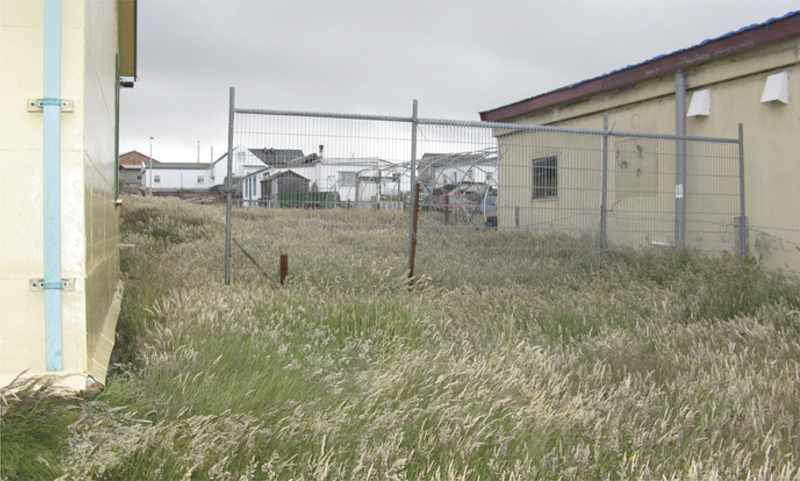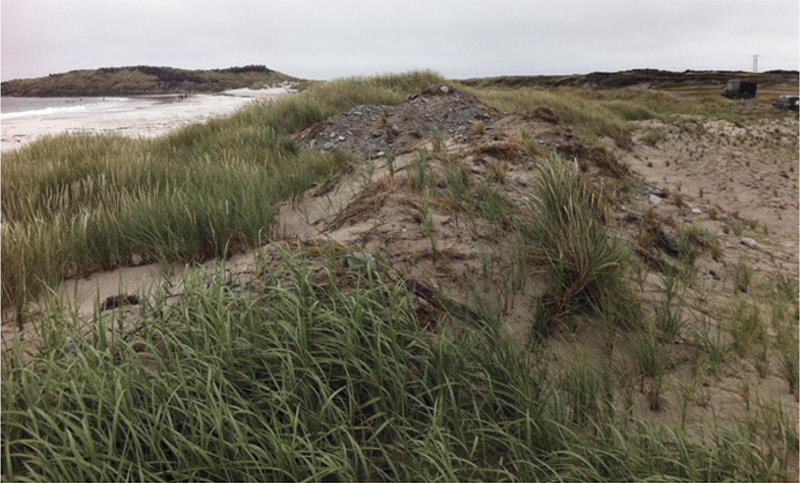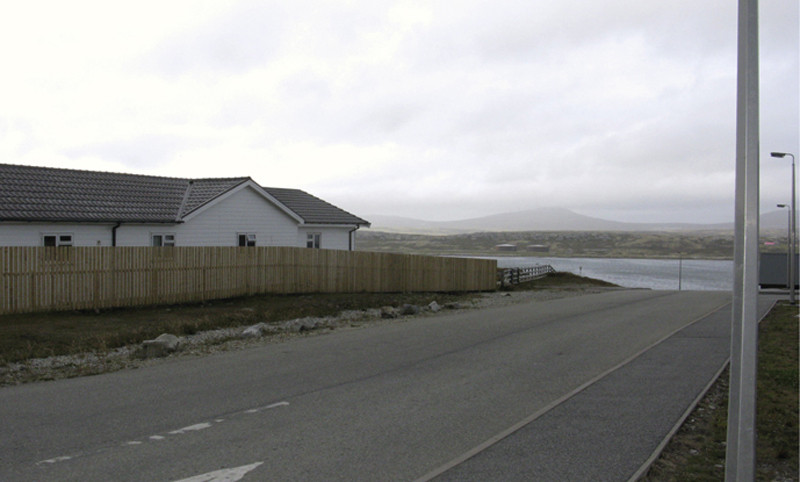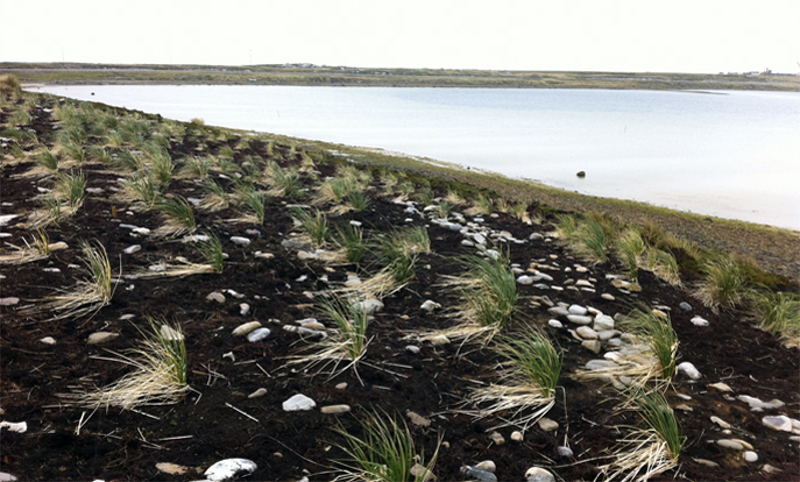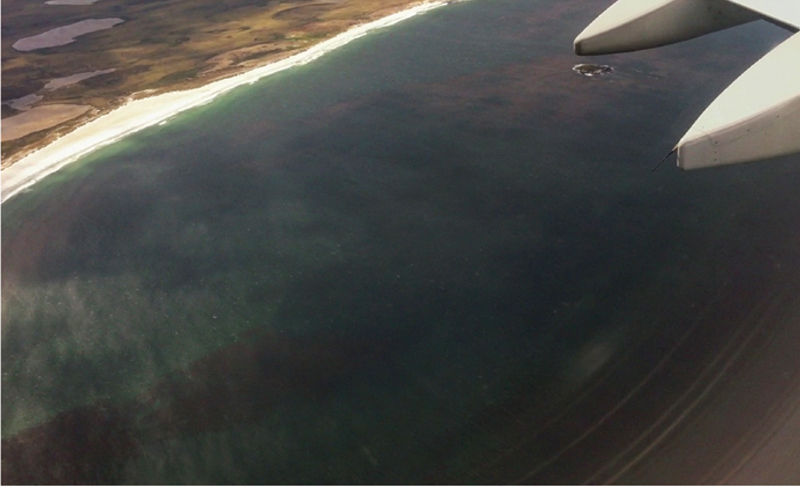
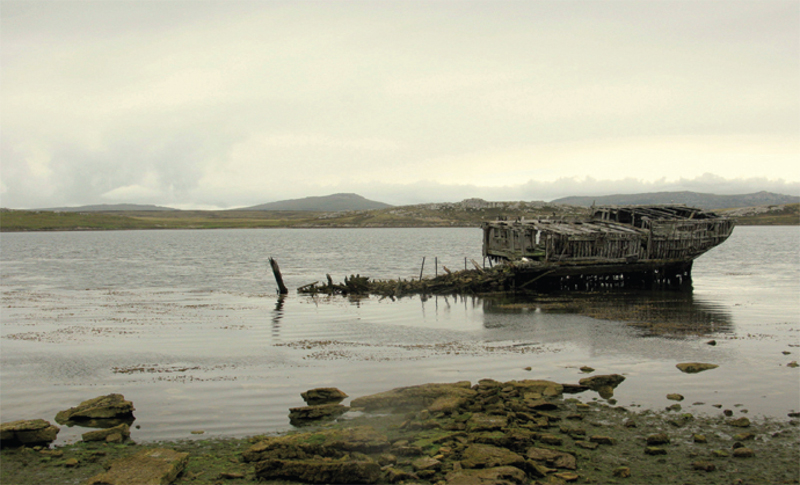
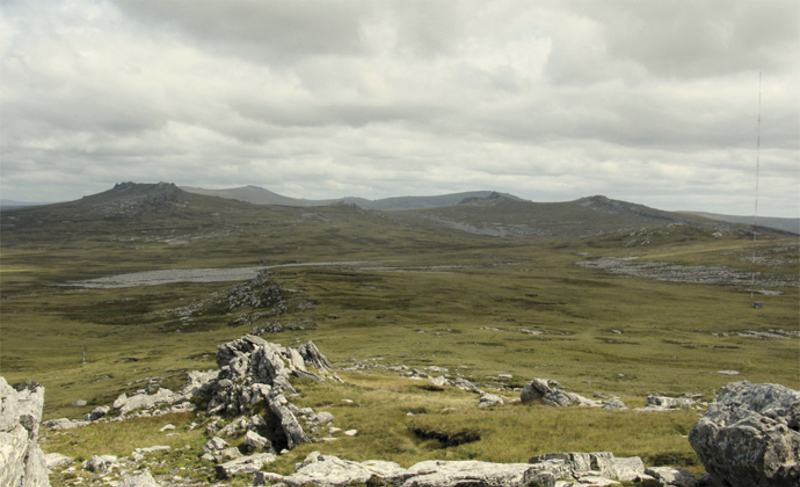
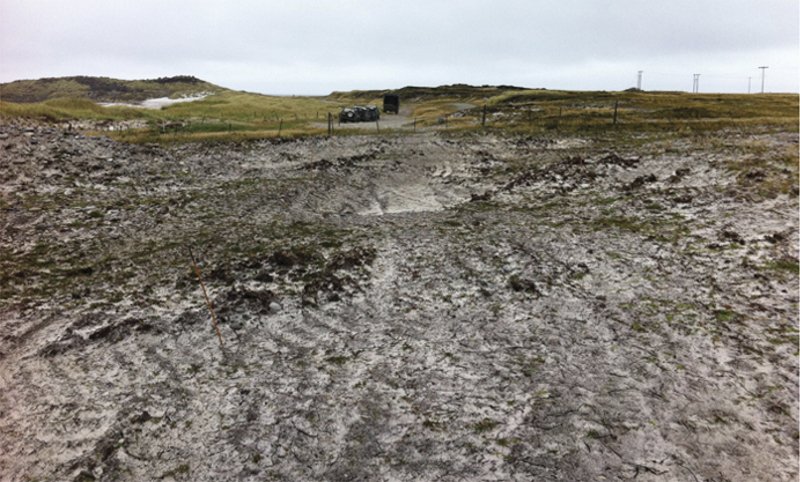
“These miserable islands ... An undulating land, with a desolate and wretched aspect, is everywhere covered by a peaty soil and wiry grass, of one monotonous brown colour. Here and there a peak or ridge of grey quartz rock breaks through the smooth surface.”
- Charles Darwin, 1845
There is something terribly appealing about the prospect of desolation, a transcendent something that speaks beyond the armchair and the ivory tower. From Robinson Crusoe to the walkabout, humans have long sought occasions to distance themselves from their own kind, from normalcy and any semblance of it. This is not the cerebral romance of distant lands, and I understand this as I labor through that peaty muck preceding Antarctica which is the Falkland Islands. Desolate lands promise absence, their vast stillness a counterpoint against which we might measure the qualities of our labors. In their perceived emptiness, we find utility.
When Charles Darwin traveled to the Falkland Islands, he examined remote nature to find biological truths and the origins of our species. He brought Humboldtian science to bear upon a place which had never known a human presence and in its monotonous grasslands, he found no inspiration. His travels to the Falkland Islands are all but a footnote, his work instead finding its most profound articulation in the Galapagos Islands.
Reading Darwin, I find myself implicated in a network of destruction that I cannot accept. Man and species are set against one another; the survival of the fittest is a tale based upon differentiation. There once was a time before species existed, when organisms were so simple and so similar that they could transfer DNA between them in a process akin to reproduction. In this pre-Darwinian world, life was an undifferentiated flow of energy between things, and in this vision of the world I find inspiration.
I went to the Falkland Islands to confront raw nature, to recast my relationship to the natural world, only to find that these distinctions did not exist. From the global to the genetic, the totality of the world has been infiltrated and influenced by human processes - the tabula rasa that once was the Falkland Islands no longer exists. Penguin colonies prosper amongst landmines and across its barren expanses, exotic grasses proliferate. Climate change has begun to alter its ecosystems. Here on these islands, distinctions between the natural and the artificial are confused, even unknowable.
Darwin once looked upon lands devoid of human influence and responded accordingly, yet the simplicity of that relationship is unrecoverable. How do we describe the complex, diffuse relationships that define our world? Through the breadth of its influence, human activity has united all life, and we have entered a post-Darwinian era. These are images of that world.
